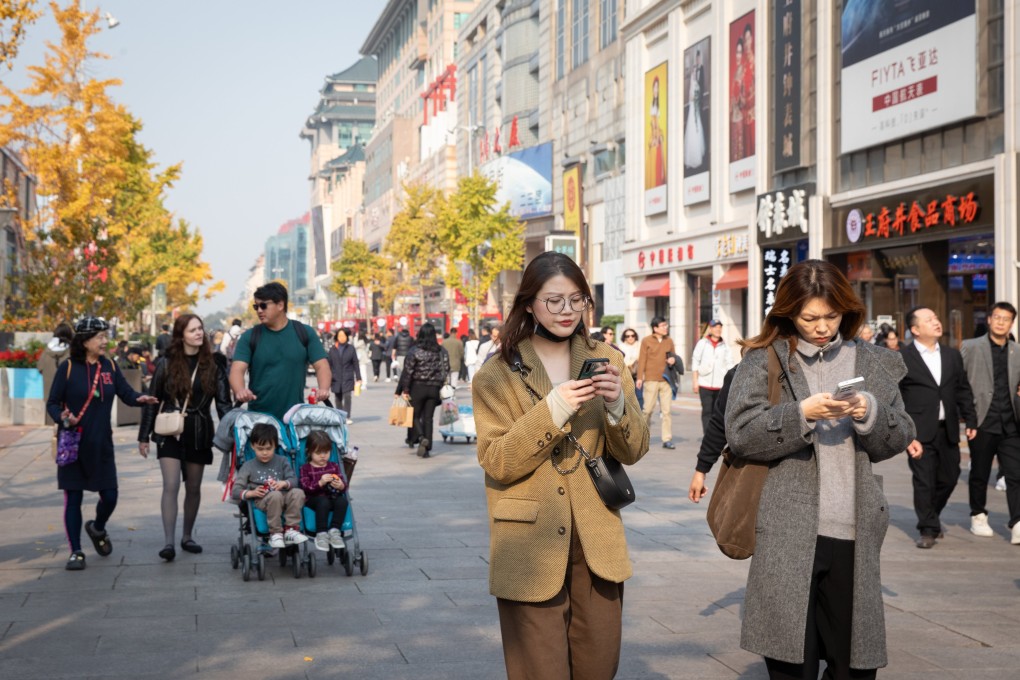Macroscope | IMF is changing its tune on trade. Should Asian economies listen?
In matters of open trade, Asian policymakers can no longer rely on the IMF, which is now advising Asia to focus on building domestic demand

There is a growing consensus that the dream of open global trade will, for the foreseeable future at least, remain just that – a dream. What does this mean for Asia whose post-war economic miracle has been built on the assumption of open trade regimes and export-driven growth?
In matters of open trade and export-led growth, Asian policymakers can no longer rely on outside support from bodies such as the International Monetary Fund which, having long promoted these ideals, is now advising Asia to focus on building domestic demand.
Nor can Asia expect the World Trade Organization, which has become a shadow of its former self, or the Organisation for Economic Cooperation and Development, whose global profile is much diminished in a fragmenting world, to become champions of open trade.
Trump has vowed to levy blanket tariffs of up to 20 per cent on imports from all countries and 60 per cent on those from China. This will adversely impact Asia’s leading exporters to the United States, including Japan. Countries with heavy exposure to both the US and China – such as Vietnam, Malaysia and South Korea – could be hit especially hard.

